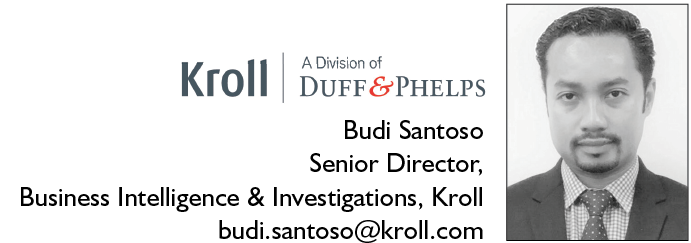
With national elections in Indonesia just around the corner, corruption involving government and public service agencies will likely be a top issue for political contenders and voters alike. Indeed, results of a survey conducted in August 2018 by the Indonesia Survey Institute (LSI) indicated that corruption is a major concern for Indonesians.
However, Minister for National Development Planning Bambang Brodjonegoro has also stated that approximately 80 percent of corruption cases in Indonesia involve the private sector. Because the private sector drives an immense part of the country’s economy, addressing this problem takes on great urgency.
Government leaders have made some strides in the fight against private sector corruption. The Indonesian Supreme Court has provided clear guidance under Supreme Court Regulation number 13 of 2016, which was specifically enacted to combat corporate crime. In evaluating corporate culpability, the Regulation looks at whether the corporation:
▪ obtained any benefit from the crime or whether the crime was committed for the interest of the corporation;
▪ acquiesced to the crime; or
▪ took the necessary steps to prevent or mitigate adverse effects and ensure compliance with the law to prevent a crime.
Persons and corporations in the private sector are also liable for prosecution under the Indonesian Anticorruption Law Number 31 of 1999, which was amended into Law Number 20 of 2001 and states that the subject of corruption prosecution could be both an individual and a corporation if it is related to the public sector.
Additionally, Indonesia has fully ratified the UN Convention Against Corruption (UNCAC) into Law Number 7 of 2006. Among the UNCAC provisions is guidance on “many different forms of corruption, such as bribery, trading in influence, abuse of functions, and various acts of corruption in the private sector”.
CHALLENGES
Translating word and intention into deed has proved challenging. At this time, almost 24 percent of suspected public corruption cases under investigation by the Corruption Eradication Commission (KPK) involve persons and corporations from the private sector. But while the KPK gets strong approval ratings from Indonesian citizens (eg, 86 percent of respondents to the 2017 poll by Saiful Mujani Research and Consulting said they trust the KPK), KPK’s work is often undermined by inadequate funding, political detractors and even physical attacks on commissioners. As recently as January 9 this year, bombs were found at the homes of the commission’s chairman, Agus Rahardjo, and deputy chairman, Laode Muhammad Syarif.
Further, while Indonesia’s ranking in Transparency International’s Corruption Perceptions Index for 2017, which measures the perceived levels of public sector corruption worldwide, has improved compared to five years ago, Indonesia still has a score of only 37, and with the scale running from 100 (very clean) to 0 (highly corrupt), the country has a corruption problem on its hands. Moreover, as noted in the media, Indonesia’s scores could be putting the country at a competitive disadvantage when compared with those of neighbouring countries such as Malaysia (with a score of 47), Brunei (62) and Singapore (84).
Based on Kroll’s decades of experience in anti-corruption investigations, there are some strategic best practices that the government can put into practice that have proved effective elsewhere in helping prevent and/or detect private sector corruption:
1. Mandate the declaration of all beneficial owners;
2. Criminalise conflict of interest;
3. Manage gift giving;
4. Encourage cashless transactions;
5. Require that accounting systems must record all transactions accurately and completely;
6. Require companies to maintain and archive supporting documents or data of all transactions;
7. Criminalise any off-the-books accounts hiding bribery;
8. Conduct proper and deep due diligence; contractually reserve the right to audit third parties; and
9. Obligate all companies to establish and maintain a risk-based anti-bribery management systems.
Common belief holds that many private corporations will not remain silent about cases of corruption as it will adversely impact their businesses. However, the government should exercise its legitimate power mandated by the people for a better Indonesia by taking immediate action to more rigorously combat and prosecute private sector corruption.
By Budi Santoso, Senior Director, Business Intelligence & Investigations, Kroll
E: budi.santoso@kroll.com
W: www.kroll.com
_________________________
![]() Kroll is the leading global provider of risk solutions with more than 45 years of experience in helping clients make confident risk management decisions about people, assets, operations and security. For more information, visit www.kroll.com.
Kroll is the leading global provider of risk solutions with more than 45 years of experience in helping clients make confident risk management decisions about people, assets, operations and security. For more information, visit www.kroll.com.
 Click Here to read the full issue of Asian-mena Couddnsel: Projects & Energy Special Report 2019.
Click Here to read the full issue of Asian-mena Couddnsel: Projects & Energy Special Report 2019.






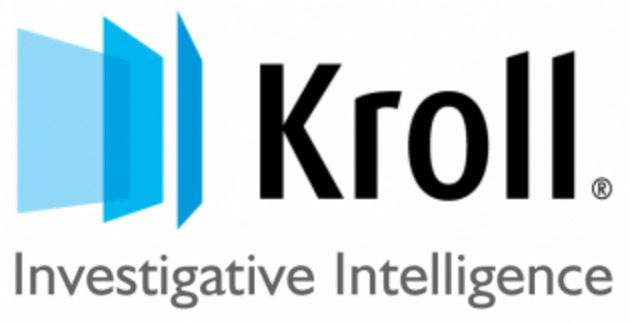
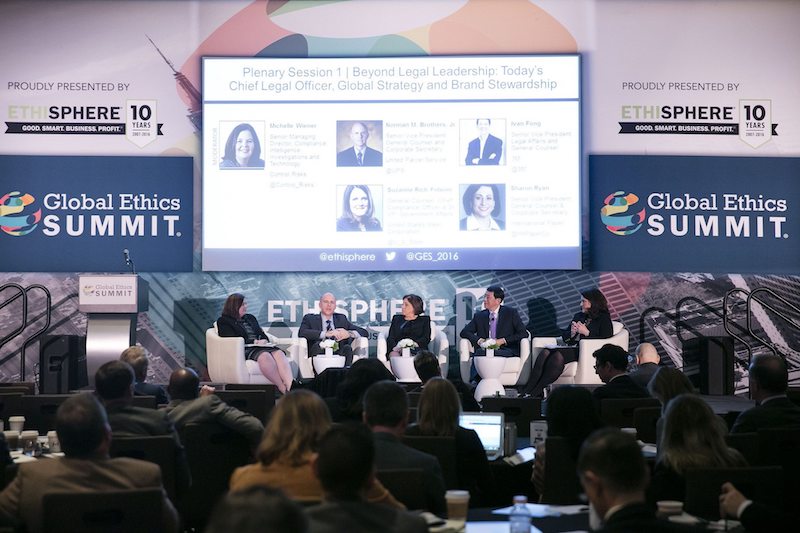

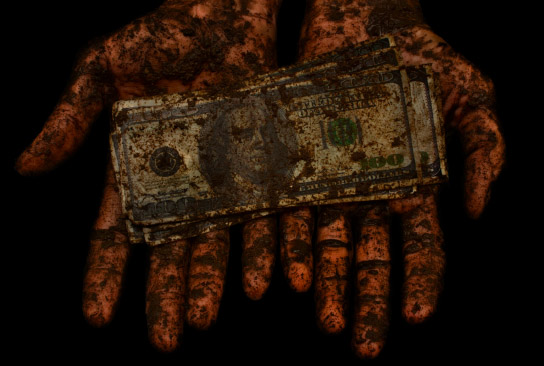


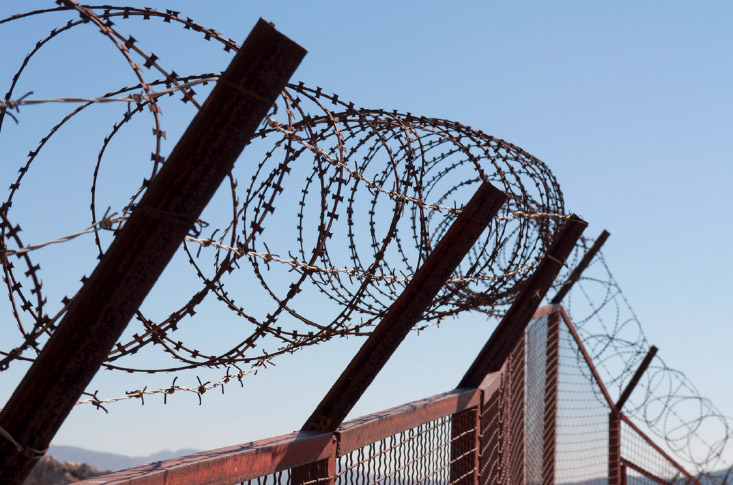




 Kroll
Kroll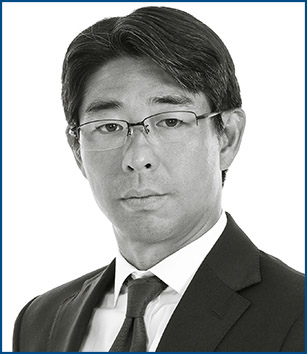 Tadashi Kageyama
Tadashi Kageyama







